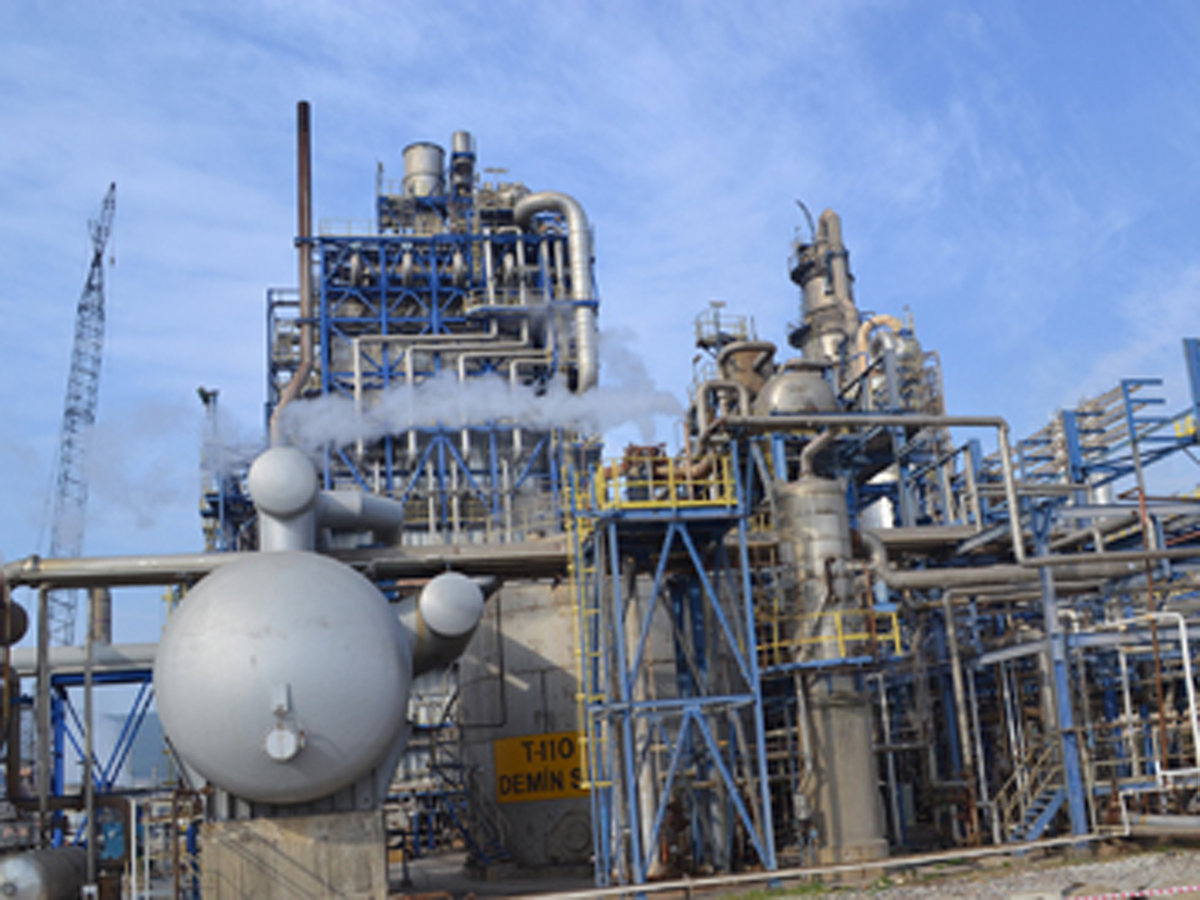Baku, Azerbaijan, July 28
By Aygun Badalova - Trend:
During the next five years, more expansion of refining capacity in the Middle East will continue to realign global petroleum product markets, Energy Security Analysis (ESAI), US-based global energy consulting company said in a report, obtained by Trend.
According to the company’s expectations, increases in gasoline, diesel, jet fuel and fuel oil production in the region will alter trade patterns and keep global refining margins from mounting a significant recovery.
ESAI Energy noted that in the period 2011-2015, combined output of the five main products (naphtha, gasoline, jet fuel, diesel and fuel oil) rose by an annual average 210,000 barrels per day.
In 2016, the company expects a 550,000 barrels per day increase, which is also noteworthy as it exceeds demand growth of just 180,000 barrels per day for those products.
“The transition of the Middle East refining region into a net exporter of petroleum products has been bearish for global refined product market fundamentals in recent years,” the report said.
The recent correction in gasoline spreads - assisted by increases in export volumes from India and China - is part of this phenomenon, according to the report.
“Oil majors have come under scrutiny for pushing refining units to offset profit losses from low energy prices,” said Sarah Emerson, Managing Principal of ESAI Energy.
“However, it may not be the major oil companies who are most influencing the market. In fact, careful analysis reveals that refining margins have fallen not so much because of steps taken by the oil majors, but rather by growing refinery output in the Middle East, India, China all of which have added to their own product supplies and in the process either need to import less from the global market or can now export more to the global market,” she said.
Through 2021, large refinery and condensate splitter projects should be completed in Iran, Iraq, Kuwait, Saudi Arabia and the UAE, while Oman and Qatar will also add capacity, ESAI’s report said,
In the period 2017-2021, ESAI Energy expects refining capacity expansions will lead Middle East production of the five main products to increase by about 355,000 barrels a day annually against average regional demand growth of just 195,000 barrels a day per year.






